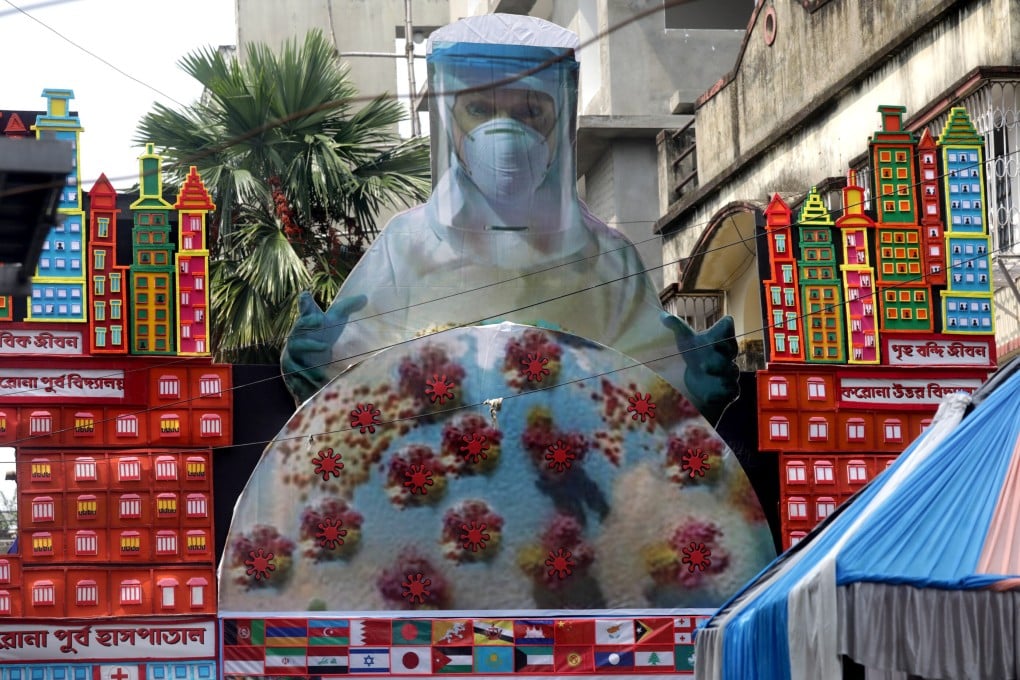Omicron: rich Indians head to Dubai, US, UK for booster shots as New Delhi remains unconvinced about the science
- The Indian government is under pressure to introduce booster vaccinations amid fears Omicron could spark a similar wave to the Delta variant
- But with less than half of the population double-jabbed, New Delhi is reticent, citing a lack of scientific evidence. Still, the rich have an escape route

The emergence of the Omicron variant, thought to be more transmissible, has increased pressure from the scientific community and the health sector for New Delhi to rethink its opposition to booster shots.
This has created a headache for a government still struggling to roll out the first round of vaccinations. Just 49 per cent of the country’s 1.4 billion people have been double vaccinated so far; 8 per cent of health-care workers, 30 per cent of over-60s, and more than a third of people between the ages of 45 and 59 are yet to be fully vaccinated, according to the health ministry.
Top Indian genome scientists have joined the calls for booster shots. The Indian Sars-CoV-2 Genomics Sequencing Consortium (Insacog), a network of national testing labs set up by the government to monitor genomic variations of Covid-19, called in a recent bulletin for consideration to be given to administering boosters to “those 40 years of age and over, first targeting the most high-risk or high-exposure [groups]”.